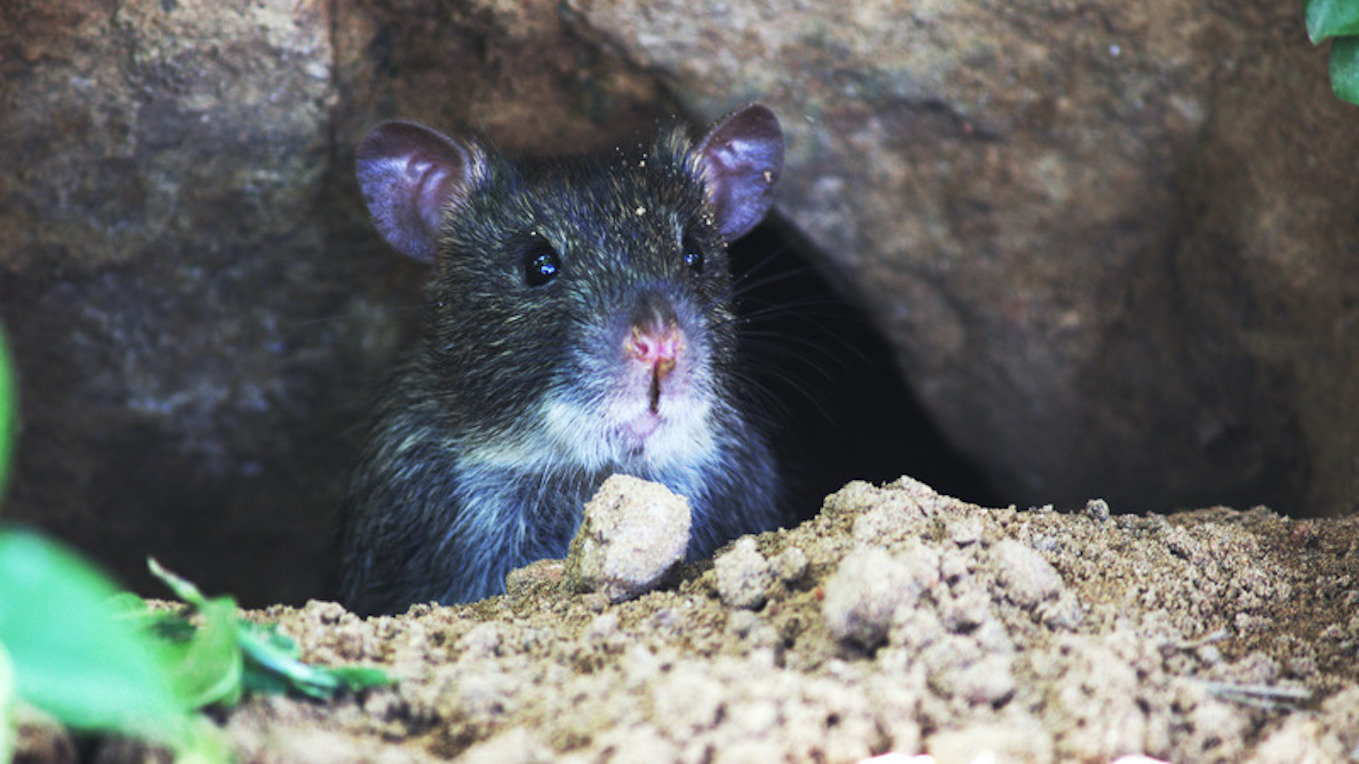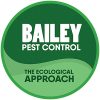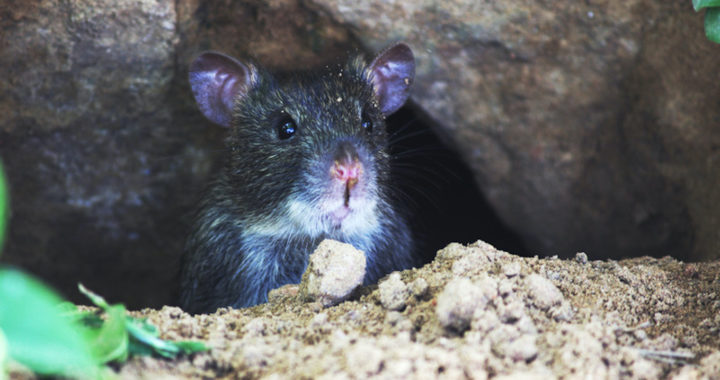Rats nesting in homes across the South East is a common problem, particularly in towns, cities and built-up urban areas. When you suspect a rat infestation, we’re on hand to survey your home, detect the problem and remove the rats. We can also put in place the best solutions to prevent and deter further infestations.
However, if you have had a rat problem in the past or suspect it may be an issue for you now, you’re probably wondering why rats are in your home and what factors led to the infestation.
For rat removal in the South East including Burgess Hill and Haywards Heath, call us now on 07791 915502.
Why rats have nested in your property

Rats and rodents spread disease, cause damage to buildings and contaminate food, meaning any instance of rats nesting at home can be stressful, hugely inconvenient and even dangerous.
Signs of rats include droppings, greasemarks, footprints, gnaw marks and holes, as well as associated noises – squeaks and clawing. Whilst any home can be at risk of rats or rodents, here are common causes:
Rats scavenging for food
Rats by their very nature are scavengers and will be attracted to easy sources of food and water, allowing them to set up nests with everything they need to survive. As a result, rats are often associated with poor sanitation or unhygienic locations; places where rubbish is out in the open or where there is poor drainage.
Keeping food and waste safely stored reduces the risk of rats, as will regular home cleaning, however it’s important to note it doesn’t guarantee an infestation won’t occur. Even bird feeders can attract rodents who are more than happy to enjoy bird seed and nuts, similarly if you have fruit or vegetables growing in your garden.
Furthermore, if you have bird baths, water bowls for pets or similar, consider covering these water sources where possible and moving them inside if you feel at particular risk.
Rats seeking shelter
When rats enter homes, they are often seeking shelter to nest and reproduce somewhere safe. This can either be inside a home or outside, as long as it protects them from the elements.
Inside the home, they can gain entry through small access points including plumbing, windows, sewers, gaps in ceilings and gas lines. It’s possible there are access points for rats that you’re unaware of; a lot of homeowners and renters who get rat problems don’t know where they got in and require a professional survey by a reputable rat control company to find the access point.
One common area of the home for rat nests are lofts and attic spaces. Rats can scale pipes and guttering to enter through any gaps in the roof. Once inside, they can also access cavity walls and chew on cabling.
Outside of the home, rats can become a problem in debris piles such as leaves and mulch.
Rats seeking protection from the cold
Rats are mammals and as such, need to keep their body temperature warm, meaning homes can become very attractive to them when it’s cold and wet outside.
In autumn and winter, as the temperature drops, rats can choose to move from their current nest in search of warmth. During this time, rats can become a bigger problem as they tend to go outside less, which can lead to infestations quickly increasing in numbers.
Whilst rats can be an issue throughout the year, instances of infestations inside homes definitely increase in winter and is something to watch out for and act quickly on if you suspect an infestation.
Easy access
Another consideration is that your home became a likely location for a nest because it has some easy access points for rodents seeking food, water, warmth and shelter. Rats are quite flexible – they can climb trees and scale walls, and fit through fairly small gaps as well as plumbing.
If you feel that your home has several points where rats could enter, measures can be taken to reduce the risk, such as cutting back trees, and filling up gaps.
What to do if you suspect rats in your home?
If you’re in the South East of England, contact Bailey’s Pest Control and we will complete a free survey to determine if you have a nest and it’s location, as well as the scale of the problem. We will then create a report and action plan to stop the infestation.
Our services include baiting, trapping and the use of rodenticides. Once the rats are removed, our service comes with a 100% guarantee that they will not return within one year.
Call us today
Call 07791915502 or 01273 775941 or email john@baileypestcontrol.co.uk 24/7 for rat control and capture throughout Sussex. Our site surveys are free and we can also complete work to prevent further infestations of rats.

